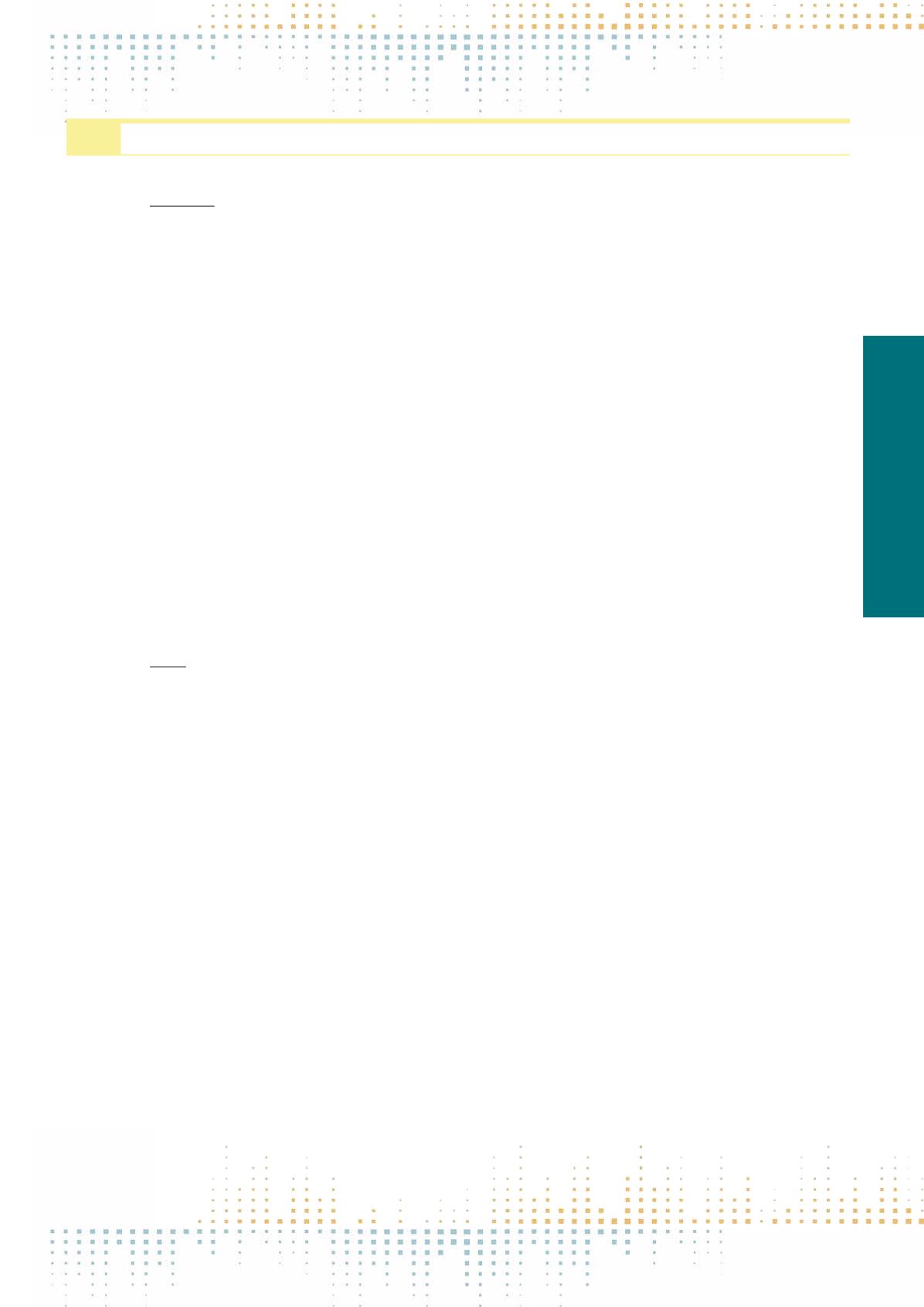

185
Friday, November 11
1 6 : 0 0 – 1 7 : 3 0
DMM03 Racisms and Anti-Racisms in a Digital Media Environment
PP 416
The ‘Fifth Column’ Label and Identity Securitization in US and UK Media in 2010–2015
D. Chernobrov
1
1
University of Sheffield, Journalism Studies, Sheffield, United Kingdom
Ever since the Spanish civil war and the ‘fifth column’scare of 1940s, the ‘fifth column’ label has served to prohibit, exclude, and defile a variety of societal
objects and groups. However, despite the still frequent usage and diverse application in both media and political speech, the label has been overlooked for
some time amid the broad range of exclusion studies. The rise of the Islamic State and Islamophobia, media speculations of a ‘new cold war’, controversial
election campaigns in the US and the UK, and in particular the refugee crisis and societal polarization across Europe, have provided fertile ground for narra‑
tives of exclusion, including ‘fifth column’accusations. This paper explores the diverse speakers, objects, and the overall contemporary contours of the ‘fifth
column’ label in UK and US media over the past five years. The second part of the paper explores the appeal and the social power of the label by critically
combining approaches from intergroup relations, media and social exclusion studies, and political psychology. The ‘fifth column’ label is shown to contain
a highly symbolic narrative which carries very particular dynamics of agency, prohibition of the other, and securitization of the self. Building on the theo‑
retical approaches of Anderson (1983), Giddens (1991), Kinnvall (2004) and others, I address these dynamics by proposing the concept of a ‘granted self’
which captures the relationship between host societies and new (migrant) members from the position of agency and ontological security. This contributes
to the understanding of self-narratives in times of crises, and critically re-evaluates theories of ‘gradation of citizenship’ (see Skrbiš, 2006). Methodologi‑
cally, the paper combines media content analysis to reveal the objects and speakers of the recent ‘fifth column’narratives, with discursive reading of these
narratives through theories of ontological security and perception to explain the appeal of the label to a collective self in need of security. REFERENCES:
Anderson, B. (1983). Imagined communities: Reflections on the origins and the spread of nationalism. London, UK:Verso. Giddens, A. (1991). Modernity and
self-identity. Stanford, CA: Stanford University Press. Kinnvall, C. (2004). Globalization and religious nationalism: Self, identity, and the search for ontologi‑
cal security. Political Psychology, 25(4), 741–767. Skrbiš, Z. (2006). Australians in Guantanamo Bay: Gradations of citizenship and the politics of belonging.
In: N. Yuval-Davis, K. Kannabiran (Eds), The Situated Politics of Belonging (pp. 176–190). London: Sage. ABOUT The AUTHOR: The author is Lecturer in
Journalism, Politics and Public Communication at the University of Sheffield. His research focuses on the public perception and media coverage of interna‑
tional politics. In particular, he is interested in how self-concepts and self-stories are invisibly but centrally present in societal perceptions, judgments, and
portrayals of international 'others', especially in crisis situations. His most recent article in Political Psychology (2016) explored narcissistic self-narratives in
public perception of the Arab Spring.
PP 417
Constructing Communicative Spaces for Counter-Narratives About Muslims: Examining the Role of # Campaigns
E. Poole
1
1
Keele University, Humanities, Keele, United Kingdom
This paper examines how the online advocacy of particularly British Muslims (but also non - Muslim actors) following major terrorism incidents, in their
attempts to counter negative mainstream discourse about Muslims, can be understood in relation to studies of digital activism. Despite digital media
platforms being criticised for their political limitations (due to economic (e.g. Dean, 2009, 2010) and structural (e.g. Cammaerts 2008) factors), they have
nonetheless become a huge focus of scholarship in recent years (Dencik and Leistert, 2015). Many of these studies focus on either the ways in which existing
groups exploit digital media to organise and campaign, or the effectiveness and spread of these campaigns through network analysis (Barassi 2015, Paolo
and Treré, 2015). Some studies have focused on the activities of racialized minorities to examine the extent of networks and significant voices (Jackson and
Foucault-Wells 2016). Muslims are already a marginalised population in the UK, and the combination of the increased visibility of ISIS, the refugee crisis
and austerity politics have led to Muslims being further targeted. In response to the reporting of terrorists attacks, various social media campaigns such
as #notinmyname. #JesuisAhmed, #Respect for Muslims and #Muslimlivesmatter have been effective in entering the public sphere, examples of political
interventions that seek to contribute to storytelling about Muslims. JesuisAhmed, which was created in the aftermath of the Charlie Hebdo shootings, is
an example of what Jackson and Foucault-Wells (2016) have described as hijacking – an attempt to contribute and correct discursive frames. Downey and
Fenton (2003) have described these as counter-publics (after Habermas, 1996) and discussed how counter political mobilisations can acquire influence in
the mass media public sphere under certain circumstances, particularly at times of crisis. Acts of terrorism are being represented as the crises of our times
and it is in these moments of instability, Graeff et al (2014) argue, that counter movements can successfully infiltrate and influence mainstream conversa‑
tions. This paper seeks to set out some of these debates and ask the questions; in what circumstances and under what conditions can/do these campaigns
enter mainstream discourse? Who are the main actors and what networks/ allegiances are being forged in these counter politics? Most significantly, can
they have any significant impact on dominant interpretations or are they further examples of digital enclaves?



















